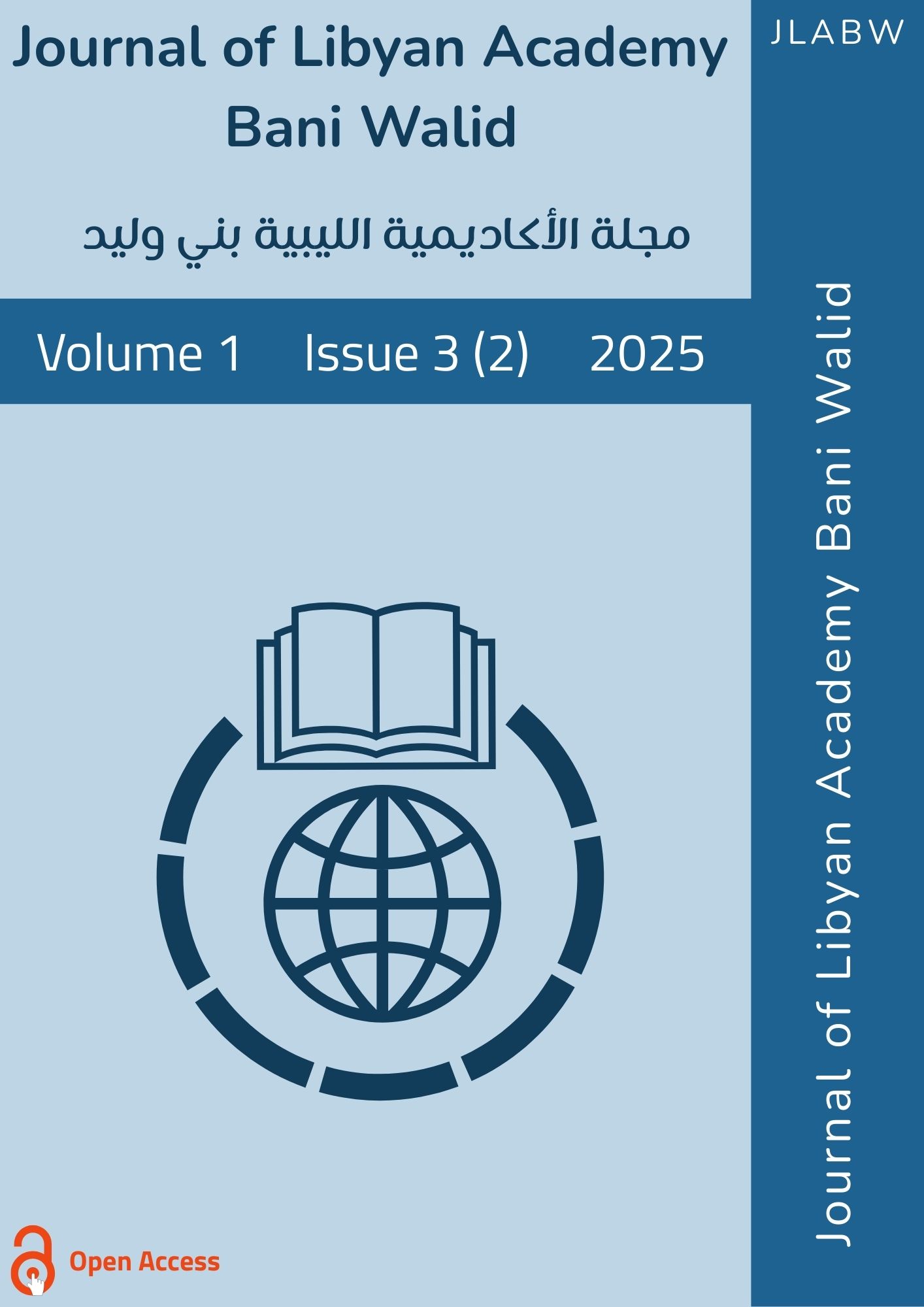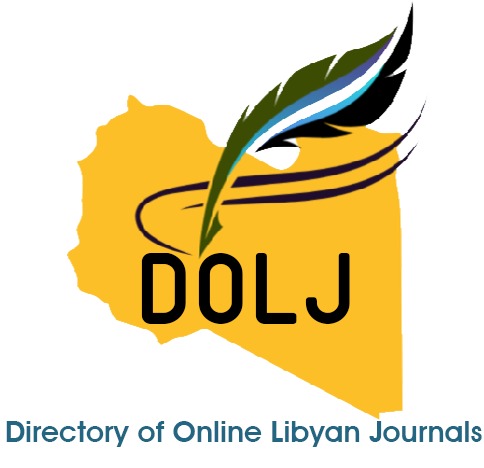Geopolitical Shifts in the International Order Post-COVID-19: Towards a Multipolar World or Strategic Chaos?
DOI:
https://doi.org/10.61952/jlabw.v1i3.189Keywords:
COVID-19, multipolarity, strategic disorder, the rise of China, U.S. hegemony, international security, geopolitical changes, and the international system.Abstract
With a focus on the factors influencing the future of global power relations, this study explores the geopolitical changes in the international system in the wake of COVID-19. In addition to highlighting the rapid development of China as a major economic and technological power, the study also reveals how the pandemic served as a strategic turning point, demonstrating a relative reduction in U.S. hegemony due to internal political and economic issues. Despite ongoing internal strife, Europe has pushed for more strategic autonomy, while Russia has maintained its influence in Eurasia and Africa through its forceful actions.
The results show that in addition to undermining economies, the pandemic revealed the weaknesses of global organisations like the World Health Organisation and the United Nations, which found it difficult to adequately handle non-traditional challenges. Furthermore, the crisis has increased non-traditional security threats like cybersecurity, climate change, and global health issues, which has strengthened a state of strategic disorder in the global system.
According to the report, the Arab world and Africa have a limited ability to influence global restructuring because of structural flaws in their political and economic capacities. In light of this, the study emphasises the critical need to fortify multilateral institutions to facilitate more effective collective responses, empower fragile regions politically and economically so they can more actively contribute to global stability, and strengthen international cooperation to address common global challenges.
References
سعود، محمد. ملامح النظام الدولي الجديد: من الأحادية إلى التعددية. عمان: دار الرضوان، 2020.
عبد الغني، أحمد. القيادة الأمريكية وتحديات النظام الدولي بعد كورونا. القاهرة: دار الفكر العربي، 2021.
الحسيني، محمود. التنافس التكنولوجي بين القوى الكبرى. القاهرة: المركز القومي للنشر، 2022.
موسى، خالد. الفوضى الاستراتيجية في العلاقات الدولية المعاصرة. بيروت: مركز دراسات الوحدة العربية، 2022.
سليم، هناء. الاتحاد الأوروبي في ظل الأزمات العالمية. تونس: دار المعرفة، 2021.
الكيلاني، عبد الرحمن. الاقتصاد السياسي لدول الخليج في مرحلة ما بعد النفط. دبي: مركز الإمارات للدراسات، 2021.
النجار، حسن. أفريقيا وموازين القوى العالمية الجديدة. القاهرة: الهيئة المصرية العامة للكتاب، 2022.
قاسم، عماد. الصين والنظام الدولي: صعود القوة الشرقية. بيروت: دار الفكر المعاصر، 2021.
العربي، مصطفى. تعددية الأقطاب والفوضى الاستراتيجية. الجزائر: دار الهدى، 2021.
الهاشمي، خالد. النظام الدولي بعد جائحة كوفيد-19: تحديات وآفاق. عمان: دار الفكر الحديث، 2022.
العوضي، فؤاد. روسيا في الاستراتيجية الدولية المعاصرة. عمان: دار صفاء، 2020.
عبد الله، يوسف. مفهوم الأمن القومي في الفكر السياسي المعاصر. بيروت: المركز العربي للأبحاث، 2020.
الهادي، حسن. الأمن الصحي في السياسات الدولية. طرابلس: دار الرواد، 2021.
Wang, H., & Zhao, Y. (2018). Forest Fires: Causes and Management. London: Routledge.








